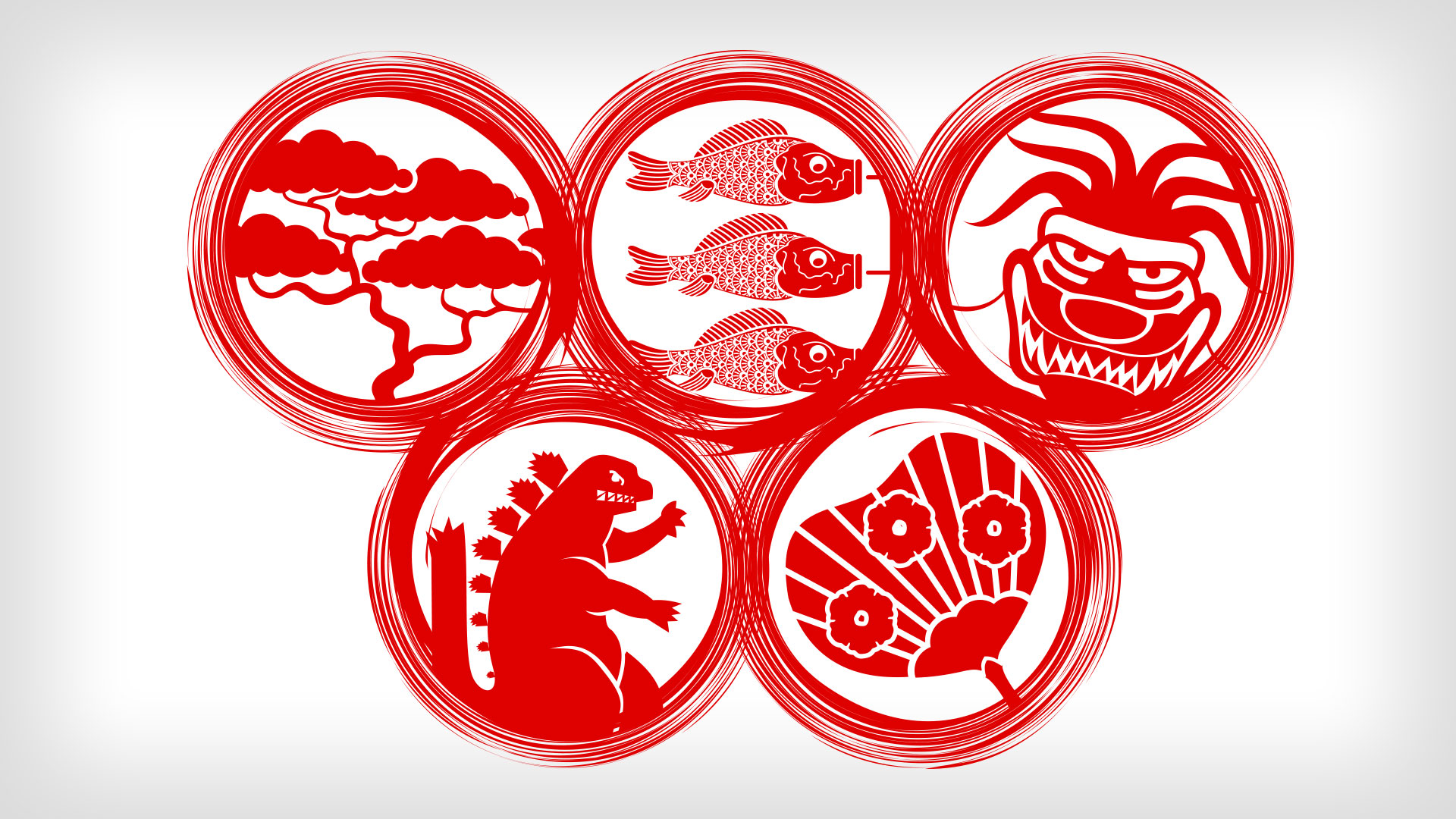Was holding the Tokyo Olympics worth the risk?
This year’s Tokyo Olympics was a resounding success for Team GB. Not only did we bring home 65 medals, matching our achievements in London 2012, but we were second in the medal table for the Paralympics.
And with so many Japanese against the Games going ahead, it the end many took it to their hearts with 9 in 10 Japanese watching some coverage.
But the fact the Games went ahead at all is still questionable. COVID-19 infection numbers continued to climb throughout the Games; a state of emergency remained in place in Tokyo and five other areas; and just days before the Paralympics started all spectators were banned from all events.
Irrespective of the reasons why Tokyo 2020 went ahead, did they manage to pull it off and was it worth it? We take a look.
The feel-good factor was second to none
You’ve got to admit this year’s Games delivered the feel-good factor in spades.
From Tom Daly’s knitting obsession, Laura Muir ending her long wait for a medal to Team GB winning a historic gold in wheelchair rugby, it was full of those special moments which warm the heart and put a smile onto your face.
Who can forget the moment when two high jumpers (and friends) agreed to share the gold medal rather than face a final jump off or Ellie Robinson’s ‘this is a story of triumph not-defeat’ post-race interview.
After the last couple of years, these feel-good moments are ones we’ve all needed.
The Games bought serious issues to the forefront
And then of course, there were the moments, which made you sit up and take note. Simone Biles, considered to be the greatest gymnast of all time, pulled out of five of her six events saying, “There is more to life than just gymnastics … We have to protect our mind and our body rather than just go out there and do what the world wants us to do.”
Her willingness to focus on her mental health, and talk about it openly was rightly praised and many think could be a watershed moment in sports, especially when just days afterwards English cricketer Ben Stokes took indefinite leave to ‘prioritise his mental health’.
It was also good to see teams fight against the sexualisation of female athletes with the German Gymnastics Team opting to wear unitards rather than leotards.
Sponsorship felt cluttered
Over $3 billion in locally sourced sponsorship revenue was raised by the Organising Committee – three times more than previous Games. While this sounds impressive, and represents over 60 partners, a mix of local and global brands, it marked a significant change in how local sponsorship was structured.
For the first time ever, domestic sponsors didn’t receive exclusivity around their category, which is why there were two banks, three travel agencies and two airlines on board. Sadly, this resulted in sponsorship feeling a little bit cluttered and sponsors not being 100% happy:
“What do I really get other than the right to have a small Olympic symbol under my company’s logo?” – Tokyo 2020 Olympic Gold Partner.
Brands got more innovative
But the perceived brand clutter actually had a positive outcome – brands had to be more innovative to stand out.
Take the ‘Asics Reborn Wear Project’. Fans were asked to donate their own sportswear to be recycled into official Olympics clothing. They then scanned a QR code to receive messages from athletes, information on the Games and updates on their donated clothing.
And in a first for the Olympics, NEC deployed hundreds of facial recognition systems around the grounds to speed up ID checks of accredited people.
You could even include the BBC Olympics studio in the list of innovation from brands. The VR set was so realistic that many thought the presenters were in Tokyo. In fact, they were in Salford!
Viewing figures were mixed
While a record-breaking 104 million online viewing requests were recorded by BBC Sport, NBC’s Tokyo 2020 audience was the lowest since the 1988 Games. The drop in numbers is thought to be down to audiences having access to more streaming platforms although maybe it’s also got something to do with Americans being split on whether the Games should go ahead or not.
But Tokyo 2020 did win the social media battle with IOC and Tokyo 2020 social posts generating more than 5 billion engagements – making it the most engaged Olympic Games ever.
A success? The jury is still out
While there are a lot of positives to take away from the Games, the fact remains that it took place in a bubble and did very little to benefit local businesses, who normally prepare for a spending bonanza. And given the cost of staging the Games, this begs the question whether it was all worthwhile.
But you’ve got to admit – organising an event of that size amid a global pandemic and to get away with it not being a total disaster is a bit of a win. It’s also given some insight into COVID-19 and managing large-scale events which given the virus doesn’t seem to be going away anytime soon, could be invaluable.
But was it worth the risk? On balance, with the brand innovation and feel-good factor that came from it, topped with a sprinkling of the benefit of hindsight, we think it was.
